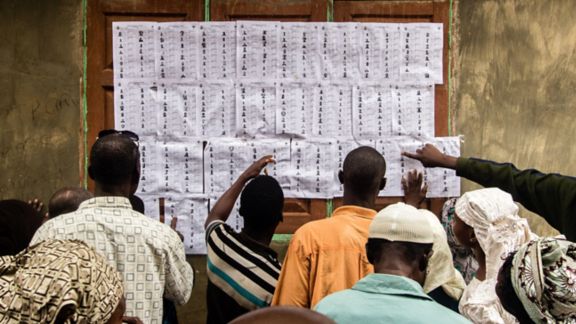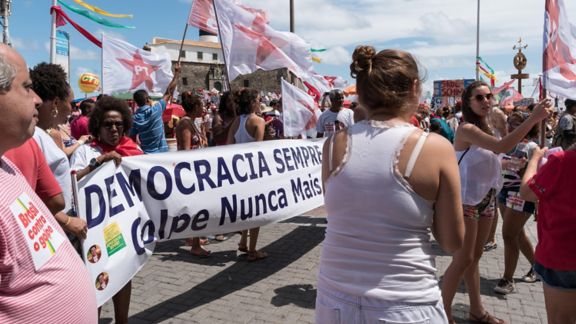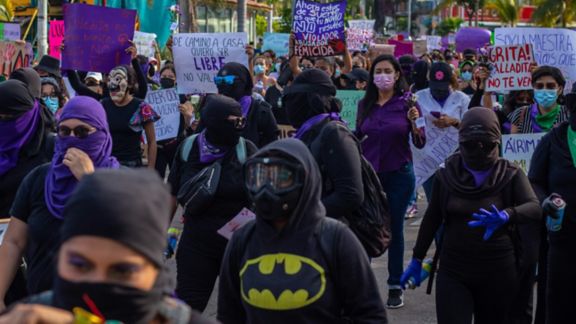US-Colombia Child Protection Compact Partnership Study

Problem
The US-Colombia Child Protection Compact Partnership needs data to design programming to combat child trafficking in Colombia.
Colombia’s strategic location combined with porous borders, unplanned urban settlements, and mountainous and jungled terrain have made it a hotspot for human trafficking operations and illegal armed groups. Despite a 2016 peace agreement with the FARC-EP, displacement by armed groups is on the rise, with nearly 75,000 persons displaced in 2021 alone.
Colombia also has a growing population of nearly two million Venezuelan migrants, many of whom reside in towns and cities along the border. This large number of vulnerable persons, coupled with poor economic prospects for youth, has increased Colombian children’s vulnerability to trafficking.
Solution
NORC will conduct a series of sub-studies on four types of child trafficking.
The U.S. Department of State Office to Monitor and Combat Trafficking in Persons (JTIP) needs to conduct a comprehensive study to support the US-Colombia Child Protection Compact (CPC) Partnership combat trafficking of children. The study will consist of a series of trafficking sub-studies:
- Child sex trafficking in the context of tourism
- Livestreamed online sexual exploitation of children (‘webcam modeling’) amounting to sex trafficking
- Forced child begging
- Forced recruitment of children into illegal armed groups
NORC, in partnership with a local research firm, will conduct a formative assessment to inform the research design. NORC will lead these studies to provide rigorous and empirical data to enable JTIP, the government of Colombia, and CPC Partnership implementing partners to design high-impact counter-child trafficking interventions.
Result
Findings will support programming to combat trafficking of children.
NORC will develop reports for each study and facilitate a results validation workshop. Findings will be used to support CPC Partnership anti-trafficking programs.
Related Tags
Project Leads
-
Erika V. Keaveney
Senior Research ScientistPrincipal Investigator -
Alex Mijares
Senior Research ScientistProject Director








